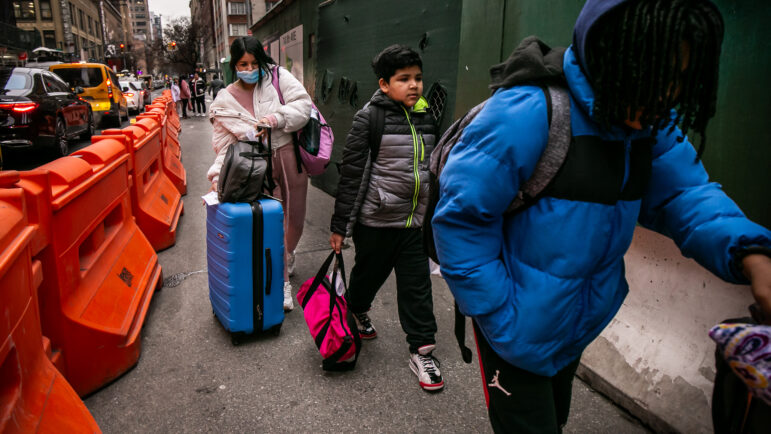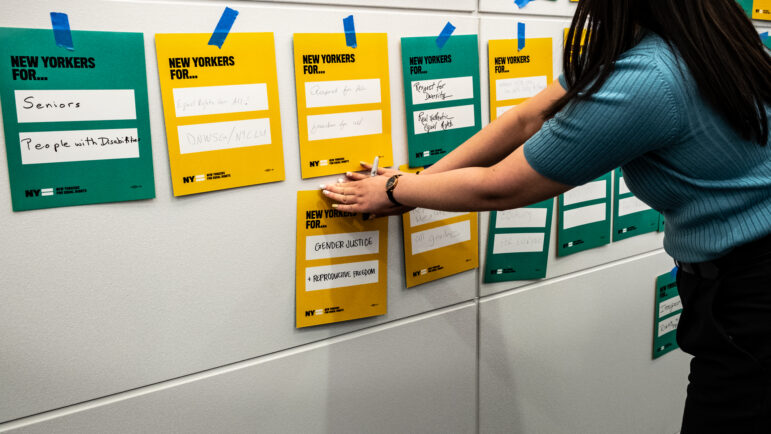For 35 years, the organization Music Outreach has been beloved by parents and children for its arts education in the schools. It has provided morning classes to kids, and given them opportunities to put on concerts.
But the organization is now facing the loss of more than half its income. The Department of Youth and Community Development (DYCD), which has provided the money the organization has relied on since the early 1980s, will cut it off by this September under a major shift in its spending.
Music Outreach is one of a number of youth organizations due to lose its city funding under DYCD’s ongoing overhaul of its school-based programs. In late December, the agency released a new request for proposals that limits eligibility for the funds to organizations that provide programs that take place after school and at other times outside of school hours.
The program itself is also being cut substantially. Although the mayor restored $12.5 million for the program in his new budget Thursday, $15 million is still slated to be slashed—money that has been funding services for thousands students and employing hundreds of staff.
The new RFP supports only “out-of-school time” programs. Also excluded are short-term or itinerant projects; the funding is now targeted to organizations that offer ongoing services in a single venue to a targeted group of students. Because of the funding cuts, even eligible programs will be in tough competition for contracts.
“By saying we need after-school programs, and then out go all the in-school programs, they are really throwing the baby out with the bathwater,” said Councilmember Gale Brewer. Brewer and Lewis Fidler, chair of the City Council’s Committee on Youth Services, held discussions with DYCD about including in-school programs in the RFP.
But in a January 19 letter to the council members, DYCD Commissioner Jeanne Mullgrav brushed off their idea. “We agree that programs, such as Music Outreach, provide our City’s youth an invaluable enrichment experience,” Mullgrav said in the letter. “However, faced with limited resources available, the new OST [out-of-school time] program concentrates on programming for young people outside of the traditional school day.”
According to DYCD, only a handful of nonprofits are in this situation. In a hearing held by the City Council’s Committee on Youth Services on January 20, Commissioner Mullgrav and special mayoral adviser Ester Fuchs suggested they seek new funding from the city Department of Education or simply provide their services out of school hours.
But that may not be an option for groups like Music Outreach. Margie Feinberg, a spokesperson for the Department of Education, said her agency’s arts funding is allocated to individual schools, and programs have to be brought on board by the administration at each one. “As far as the programs that the DYCD had in our schools during school hours, that’s going to be a local decision and it’s left to each principal,” said Feinberg.
But for a small nonprofit like Music Outreach, negotiating with hundreds of principals one by one is almost impossible. Adapting into an after-school time program is also out of the question for co-founder and director Roslyn Gamiel, who believes arts education should be given to kids at the beginning of the day, when they have clear minds. Once the city funding is gone, “the program would be diminished enormously,” said Gamiel. “The children that would most suffered would be children from poor families that cannot provide these enrichment activities.”








